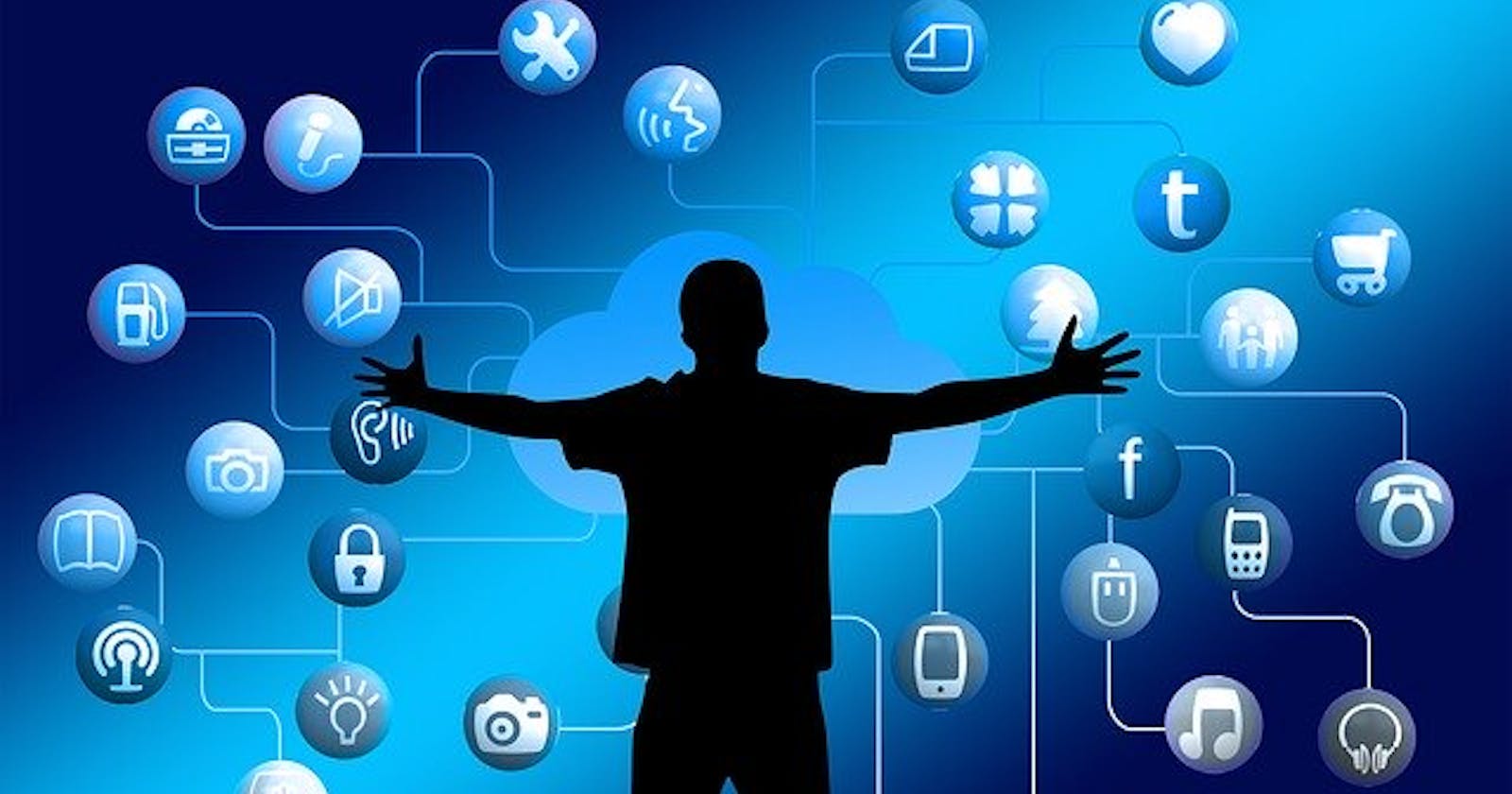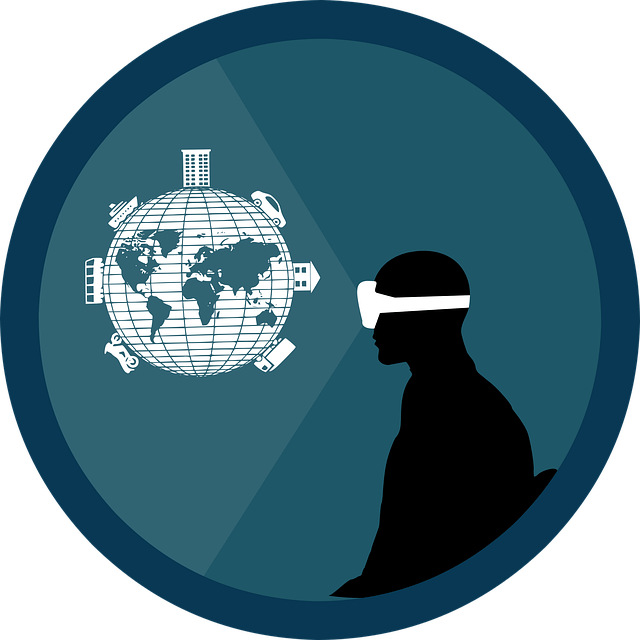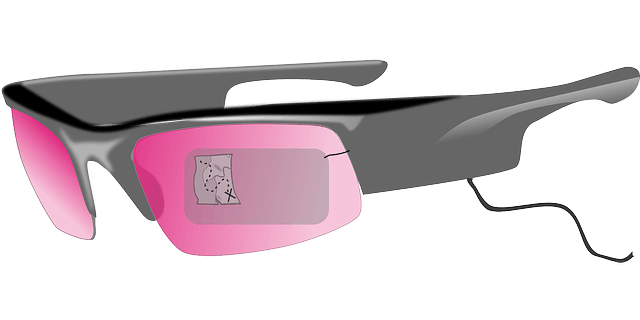Now that I am completing 30 years of my coding life, it made sense to share my journey with you. As most of my life had been in developing apps for one platform or the other, I will share the the changing world of apps and app developers in last 3 decades.
Early 90's
I remember when in the days of MS-DOS way back in early 90's, when to boot the machine you needed to use a 5 inch diskette. I still have some of those in my house, will try to attach the photos of them in future. During those days there was a word processor called Wordstar and Lotus 1-2-3 for spreadsheets. All these were MS-DOS based app.
I had used GW-Basic and tried to make 2 serious clones for my Class 10 board projects.
- Wordproc - Wordstar clone
- Pacman - The famous game which many of you know.
Mid 90's
During this period I was first introduced to Windows 3.x. A GUI based windows on top of MS-DOS. I still remember watching those colourful pages which made the whole programming world so exciting. We were introduced to new programming languages such as Visual Basic. Many professional programmers started making some awesome applications ( yeah they were called application softwares rather than apps ). Being in school I also tried my hand with them making some simple GUI apps. The clicking of button and showing that Hello World message, made me feel out of this world.
Then came the era of Windows operating system starting with Windows 95. It changed the whole eco system. Days of the MS-Dos apps were numbered for most of the users as there was a rush to make beautifully designed GUI apps.
Late 90's
One by one new Windows version came but the one of the most popular was Windows 98. It has been there for a very long time. With it MS-Office became very popular and it all started the run for the many professional apps which are still being used in the market. Along with MS-Office many apps such as CorelDraw and Adobe products started being used by professional. Visual Basic was one the most popular language for developing apps. We used some of the early version of Visual Studio. There were also the introduction of some new programming languages like Java, Corba,etc.
The Y2K Bug
Y2K or Year 2000 was a very critical time in the history of software world. Before this many of the softwares had been using just 2 digits to represent Year(YY). But this led to lot of chaos as year 2000 in YY format will be '00'. So year 2000 will less than 1999 in this 2 digit year representation. Many enterprise softwares mainly those being used by financial companies and banks had to be recoded to avoid breaking. Programmers were hired in high numbers so that the softwares can be made Y2K compliant.
As soon as the Y2K was over many programmers were fired as many had become liability for the companies after the Y2K fix. Also the recession didn't help the programmers.
Early Java, Php & ASP days
Year 2000-2005 saw the rise of 3 of the popular programming languages for web apps, namely Java, Php and ASP.
PHP was far more easy to make apps for the web.
Java was projected more of a cross platform language for web, desktop and eventually mobile platform. It was used mainly for developing Enterprise Level Applications.
ASP was another language which was used to make server side for Web Applications.
Rise of .NET
It was year 2004 and Microsoft made a big jump in the programming world. It introduced "Visual Studio.NET" a complete new platform for developers. Along with it Microsoft brought C# a language with semantics and syntax almost identical to Java. It was to lure the Java programmers to adopt the Microsoft platforms. And it did succeed as I myself was involved in converting a Java application to "C#.NET".
Early days of Mobile Apps
From 2001 to 2006 we saw the rise of mobile apps. Most of these apps were made using the Symbian Platform using C++ or J2ME(Java 2 Mobile Edition) Platform using Java. This led conversion of lot of lite weight desktop games and app being ported to mobile platforms. Nokia was having most of the market share. Even I joined the rush and ported a chess game from desktop to mobile.
Facebook Apps
Although it all started with Orkut, MySpace and few more Social Network. but it was all made popular by Facebook. I was founding developer for one of the most popular game on Facebook called Scrabulous in the 2006-2007. It was more of a iframe based app, which showed to the world how you can make money google ads and facebook apps. There was rush to make apps for facebook and it was this eco system which helped facebook gain more popularity.
Introduction of Smart Phones
As the first decade was coming to an end Blackberry, Apple and eventually Google gave to the world the Smart Phones. They were like mini computer with big screens. This was the time when I joined the wagon and moved from the Server side Application developer to become a Full Time App developer.
It has become far more easier to port desktop apps to mobile phones. With increasing memory and display size new and innovative apps were being built. There was a rise of new type of professionals called App Developers in the job market.
The Indie Developers
Early 2010s Decade saw the rise of new type of techies called Indie Developer, most associated with App Developers publishing their own apps. This saw many individual developers making millions in mobile app stores. Also as the mobile platforms stabilised it was far more easier to develop apps for iPhone and Android.
Rise of Aggregator & Ecommerce Apps
As the app market became saturated with local apps around 2012, more and more companies entered into the app eco system which were using the power of internet to provide services to the users. With companies like Uber, Ola, Amazon, Lyft, etc there was a rise of Aggregator Apps. It led to hiring of Mobile App Developers by some of the the leading names in the industry.
Shift from Desktop to Mobile.
With more and more app being connected to internet post 2015, the capability of apps was left to the innovative thinking of developers. The user base share of the mobile increased compared to desktop. This let to big companies getting into the industry. It was also the era where Indie developer were actually loosing the market share to funded startups and enterprises. There was a shift in the eco system with huge money getting into the industry as investment without expecting any profit. This was the reason that the Indie developers lost the competition.
Rise of ML based apps
As we were nearing the end of the decade, there was a rise of ML based apps. More importance was given to giving suggestions to the user even before the user makes a choice. It was something which helped user to save time by avoiding typing or tapping. A lot is to be done, by with most of the apps being connected to internet it made it far more easier to implement ML for better user experience.
Rise of AR/VR based apps
Recently we also saw the rise of a unique experience which was seen in some of the blockbuster SciFi movies. It is Augmented Reality and Virtual Reality. Although currently its use is limited to some specific industries but there are many prototypes which are ready but waiting for the launch of innovative gadgets to support them. If you remember the game Pokemon Go, then you will understand the power of AR. Around year 2012 Google had introduced Google Glass, but eventually it had to close down the project due to privacy issues raised across the world. This led to other companies entering into the market with more sophisticated gadget and glasses. The AR/VR headsets helped to develop some awesome apps for the gaming world. It also gave the Real State and Auto industry a new experience. But still it has not reached the hands of the consumers.
What's Next?
Gradually the apps are becoming more and more sophisticated. Very soon we will be seeing companies using multiple technologies like AR/VL and AI/ML in the same app to bring more smooth and innovative experience to the user. With the expectation of Apple Glass releasing within a year, things might become very different. More and more apps will be made connecting to it.
Just imagine that you are wearing a Smart Glass, Smart Watch and a Ear pod. Will you need to use a mobile?
Please share in the comments below how will you be interacting with Apps in the coming decade.




